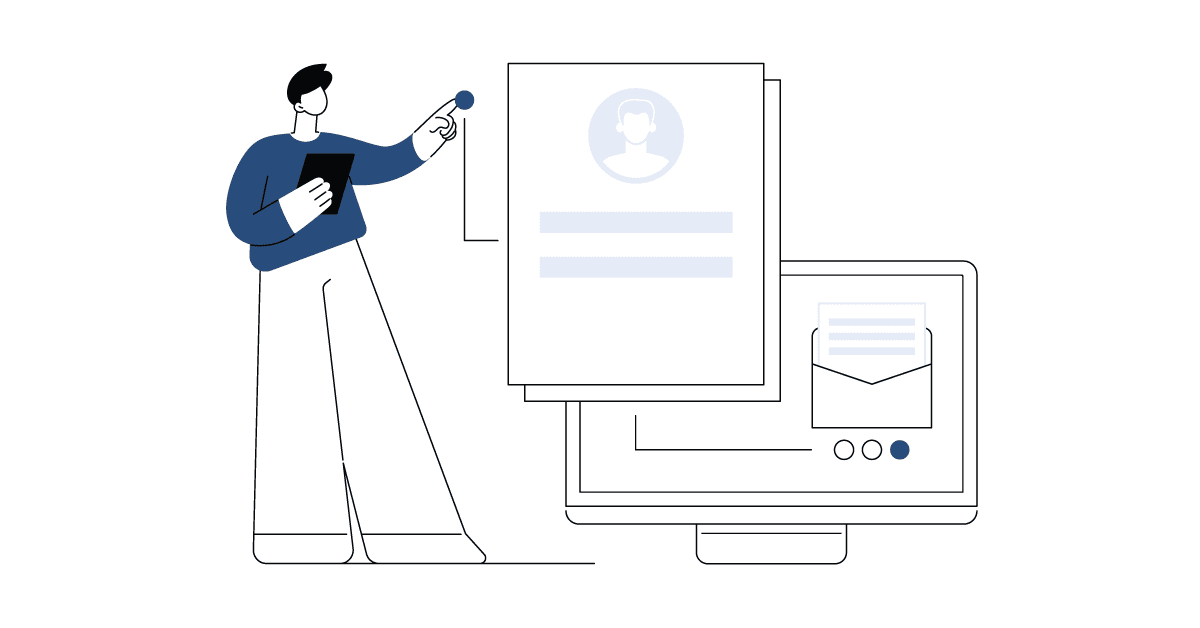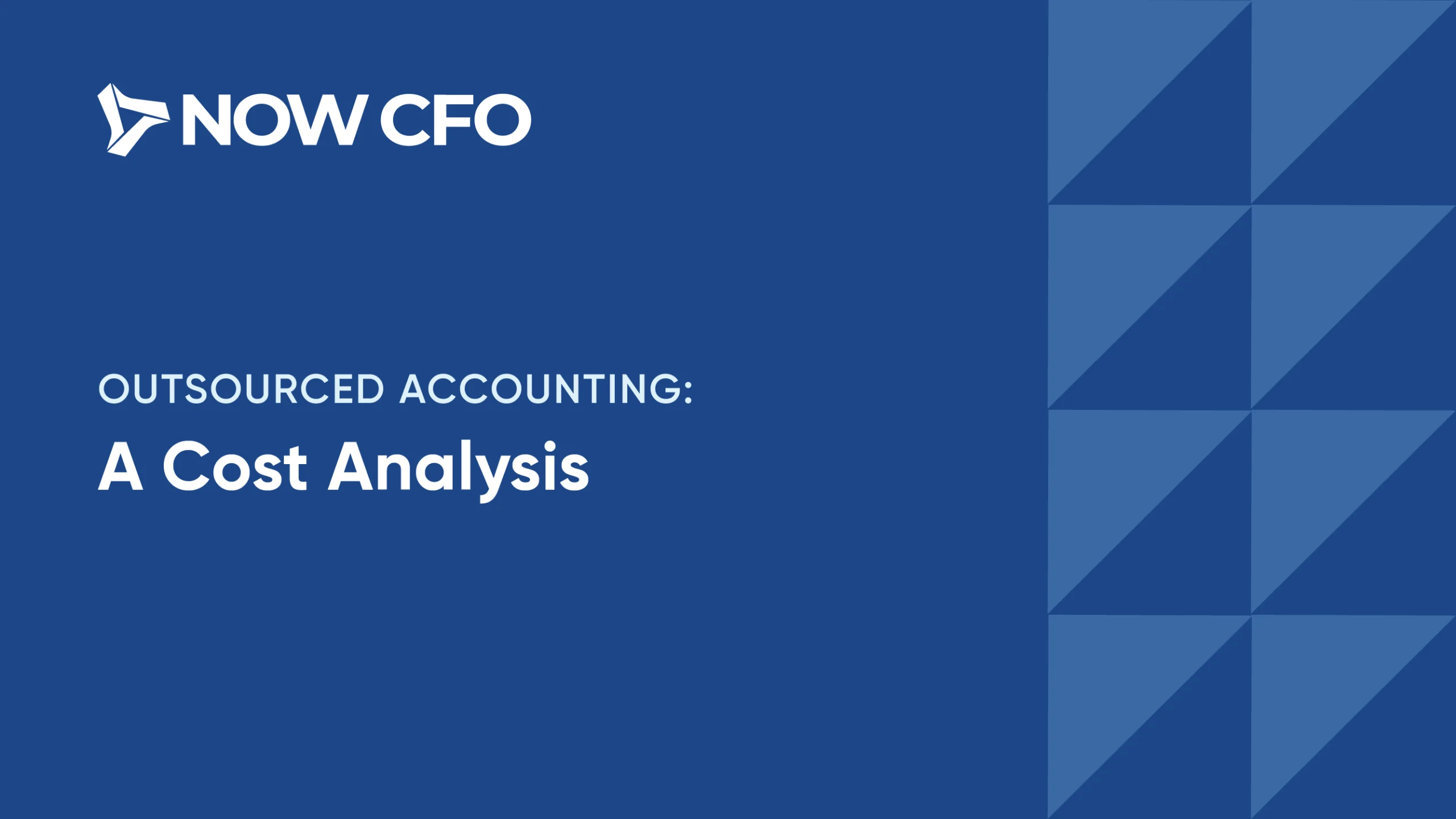
What is a Contra Asset Account?
A contra asset account is a type of account used in a company’s general ledger that reduces the value of a related account. It has a credit balance, which means it is used to decrease the debit balance of its associated asset account. Contra asset accounts include:
- Accumulated depreciation
- Accumulated depletion
- Obsolete inventory reserves
- Allowance for doubtful accounts
- Trade accounts receivable
- Discount on notes receivable
To understand how these accounts work, let’s look at Accumulated Depreciation. This account represents the total amount of depreciation expense that has been allocated to a fixed asset since its purchase. If a company owns a piece of equipment worth $10,000 and depreciates by $1,000 each year, the Accumulated Depreciation account will reflect this decrease, while the Equipment account will still show the original value of $10,000. This method keeps the gross investment in the asset visible on the balance sheet while still acknowledging its reduction in value over time. Here’s an example of what entries into the ledger might look like:
Assuming the company is at the end of its first year and is accounting for depreciation on the equipment:
| General Ledger | |||
| Date | Account Title | Debit | Credit |
| 12/31/2023 | Depreciation Expense | 1,000 | |
| Accumulated Depreciation | 1,000 | ||
| (To record annual depreciation for the equipment) | |||
The Depreciation Expense account will show up on the income statement and will reduce the net income for the year by $1,000. The Accumulated Depreciation account is a contra asset account on the balance sheet that accumulates the total depreciation of the equipment over time.
After one year, the balance sheet accounts for the equipment and accumulated depreciation might look like this:
| Assets: | |
| Equipment (at cost) | 10,000 |
| Less: Accumulated Depreciation | (1,000) |
| Equipment, net | 9,000 |
Why Would a Business Have a Contra Asset Account Set Up?
There are several reasons a business might establish a contra asset account:
- To Reflect Asset Value Accurately: As asset age, they lose value. Contra asset accounts allow a business to report the carrying amount of assets realistically and conservatively, ensuring the balance sheet presents the net amount expected to be realized.
- To Account for Uncertainty: In the case of accounts receivable, not all debts owed to the company may be collectible. An Allowance for Doubtful Accounts is set up to estimate and match the potential loss from uncollectible accounts to the periods in which the sales occurred, following the matching principle of accounting.
- To Comply with Accounting Standards: GAAP and IFRS require that assets are not overstated. Contra asset accounts are necessary to adhere to these regulations.
- For Transparency: Contra asset accounts provide more detail to financial statement users, giving insight into management’s estimates and assumptions about asset value and collectability.
Do I Need It?
The need for a contra asset account depends on the nature of the business and the types of transactions it engages in. Not all businesses will have fixed assets or accounts receivable that require the use of contra asset accounts. However, for those that do, contra asset accounts are an indispensable tool.
- Businesses with Fixed Assets: If a business owns physical assets that depreciate – such as machinery, equipment, or vehicles – it will need an Accumulated Depreciation account to track the loss in value of these assets over time.
- Businesses that Sell on Credit: Companies that sell goods or services on credit will likely need an Allowance for Doubtful Accounts. This account acknowledges that some percentages of credit sales may not be collectible, affecting the business’s financial position and performance.
- Businesses Seeking Financial Clarity and Compliance: Even small businesses can benefit from using contra asset accounts. They contribute to a more transparent and detailed financial picture, which can be crucial for making informed decisions or attracting investors.
Contra asset accounts represent a realistic picture of your business’s financial health and ensure adherence to accounting standards. If you find managing contra asset accounts to be a daunting task, there lies a solution in outsourcing. Partnering with an outsourced accounting firm such as NOW CFO provides the specialized expertise necessary to manage these accounts effectively, allowing you to make informed decisions with confidence.














